AI’s Healing Touch: How Deep Learning is Delivering Personalized Medicine Breakthroughs
The Future of Healthcare is Here: Exploring Personalized Medicine AI Applications The world is on the cusp of a healthcare revolution, and at its heart lies the transformative power of artificial intelligence. Forget the science fiction tropes; we’re talking about tangible advancements poised to reshape how we diagnose, treat, and even prevent disease. One of the most exciting areas driving this change is the emergence of personalized medicine ai applications. This isn't about a one-size-fits-all approach anymore. AI is enabling tailored interventions based on an individual’s unique genetic makeup, lifestyle, and medical history. But how exactly is this happening, and what does it mean for patients, providers, and the future of healthcare investment? Let’s dive in. Unlocking Individual Health: What are Personalized Medicine AI Applications? At its core, personalized medicine aims to deliver the right treatment to the right patient at the right time. This approach leverages vast amounts of data – genomic sequencing, electronic health records, wearable sensor data, and more – to create individualized health profiles. AI algorithms are instrumental in processing and analyzing this complex data, identifying patterns and predicting individual health risks with unprecedented accuracy. Here’s a breakdown of how personalized medicine ai applications are making a difference: Genomic Analysis: AI can rapidly analyze genomic data to pinpoint genetic predispositions to diseases like cancer, heart disease, and Alzheimer's. This allows for early intervention and preventative measures. Drug Discovery & Development: AI accelerates the identification of potential drug candidates and predicts their efficacy for specific patient subgroups. This reduces the time and cost associated with clinical trials. Predictive Analytics: Machine learning models can predict a patient’s risk of developing certain conditions based on their health history and lifestyle factors. This enables proactive care strategies. Treatment Optimization: AI algorithms analyze patient responses to different treatments, optimizing dosages and treatment plans for improved outcomes. This is particularly valuable in areas like oncology. Remote Patient Monitoring: AI-powered platforms analyze data from wearable devices and remote sensors to monitor patient health in real-time, alerting healthcare providers to potential problems. The Growing Role of AI in Healthcare: Beyond Personalized Medicine While personalized medicine ai applications are a key driver, AI’s impact on ai in healthcare extends far beyond. Here are some other noteworthy applications: Diagnosis and Imaging: AI algorithms excel at analyzing medical images (X-rays, CT scans, MRIs) to detect abnormalities with remarkable accuracy, often surpassing human capabilities. Companies like Aidoc are at the forefront of this space. Virtual Assistants and Chatbots: AI-powered virtual assistants can provide patients with instant access to information, schedule appointments, and offer emotional support. This improves patient engagement and reduces the burden on healthcare professionals. Administrative Efficiency: AI streamlines administrative tasks like billing, coding, and claims processing, freeing up healthcare providers to focus on patient care. Drug Repurposing: AI algorithms can identify existing drugs that might be effective for treating new diseases. Investment Opportunities: The Crypto and Stock Market Angle The AI revolution isn't just impacting healthcare; it's creating exciting investment opportunities. Let's explore how the crypto and stock markets are aligning with the growth of ai in healthcare. AI-Focused Stocks: Several publicly traded companies are heavily invested in AI for healthcare. Companies involved in drug discovery, medical imaging, and electronic health record systems are potential investment targets. Conduct thorough research and consult with a financial advisor before making any investment decisions. Resources like Seeking Alpha can provide insightful stock analysis. Healthcare Crypto: While still nascent, the intersection of blockchain technology and healthcare is gaining traction. Cryptocurrencies can be used to securely share patient data, streamline payments, and improve supply chain management. Projects like Medicalchain are exploring these possibilities. AI-Powered Investment Platforms: The rise of robo-advisors and AI-driven investment platforms makes it easier than ever to invest in AI-related companies. Investment Area Examples Potential Risks AI Healthcare Stocks Intuitive Surgical (ISRG), NVIDIA (NVDA) Market volatility, regulatory changes Healthcare Crypto Medicalchain (MCOIN) Regulatory uncertainty, technological challenges AI Investment Platforms Betterment, Wealthfront Algorithm limitations, cybersecurity risks Challenges and the Road Ahead Despite the immense potential, several challenges remain: Data Privacy and Security: Protecting sensitive patient data is paramount. Robust security measures and adherence to regulations like HIPAA are crucial. Algorithmic Bias: AI algorithms can perpetuate existing biases in data, leading to inequitable outcomes. Careful data curation and algorithm validation are essential. Regulatory Hurdles: The healthcare industry is heavily regulated. Navigating complex regulatory frameworks can be challenging. Integration with Existing Systems: Integrating AI solutions with existing electronic health record (EHR) systems can be complex and expensive. The Future is Personalized Personalized medicine ai applications are not a distant dream – they are rapidly becoming a reality. As AI technology continues to advance and data becomes more readily available, we can expect even more transformative changes in healthcare. The focus will shift from treating symptoms to preventing disease, with individuals taking a more active role in managing their health through AI-powered tools. This is a thrilling time to be involved in healthcare innovation, whether you're a patient, a provider, or an investor. What are your thoughts on the future of AI in healthcare? Share your comments below! And be sure to follow us for more insights into the intersection of technology and healthcare. Explore further: Learn more about ai in healthcare Subscribe to our newsletter for the latest updates.
Share this content:
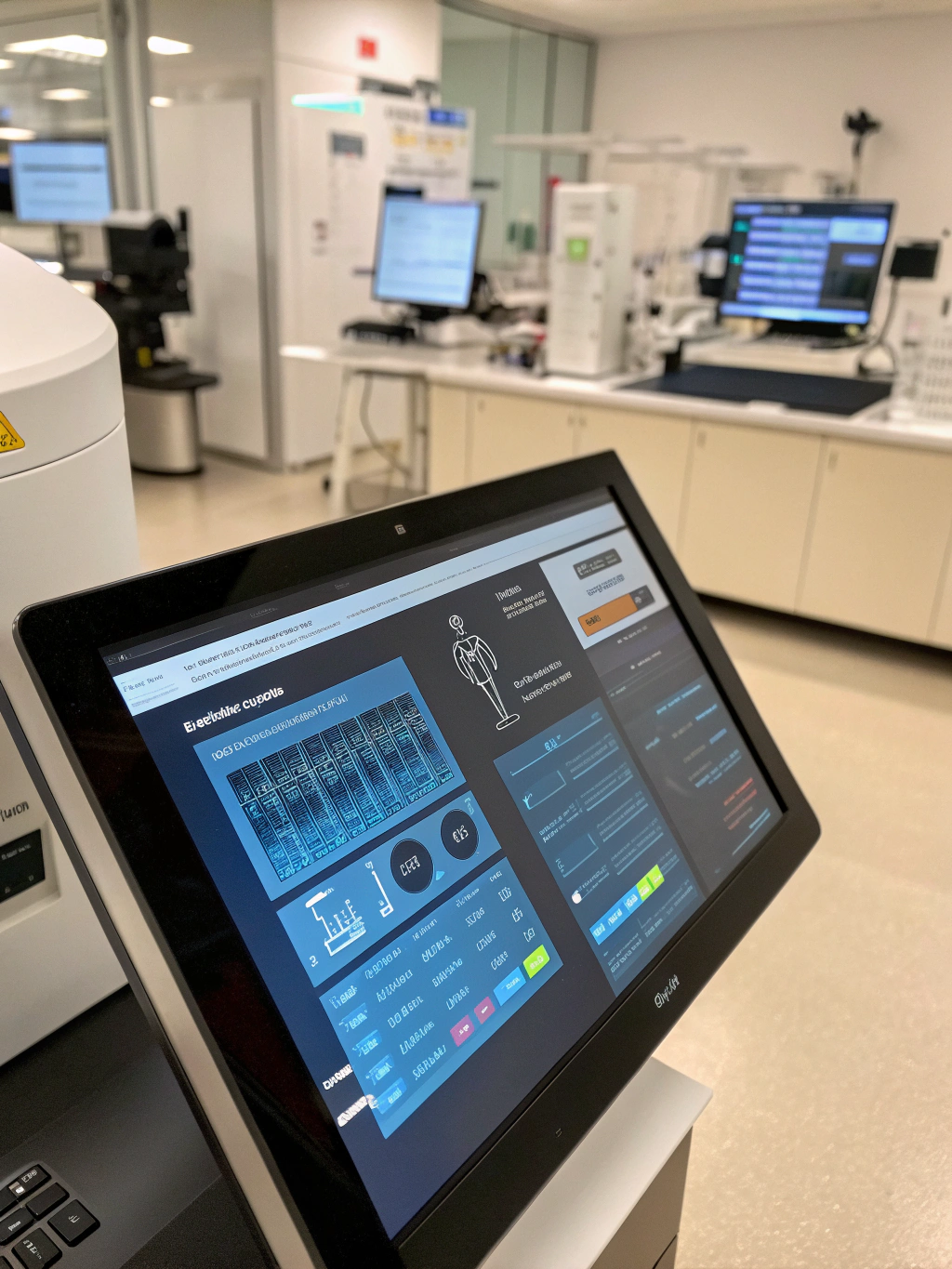
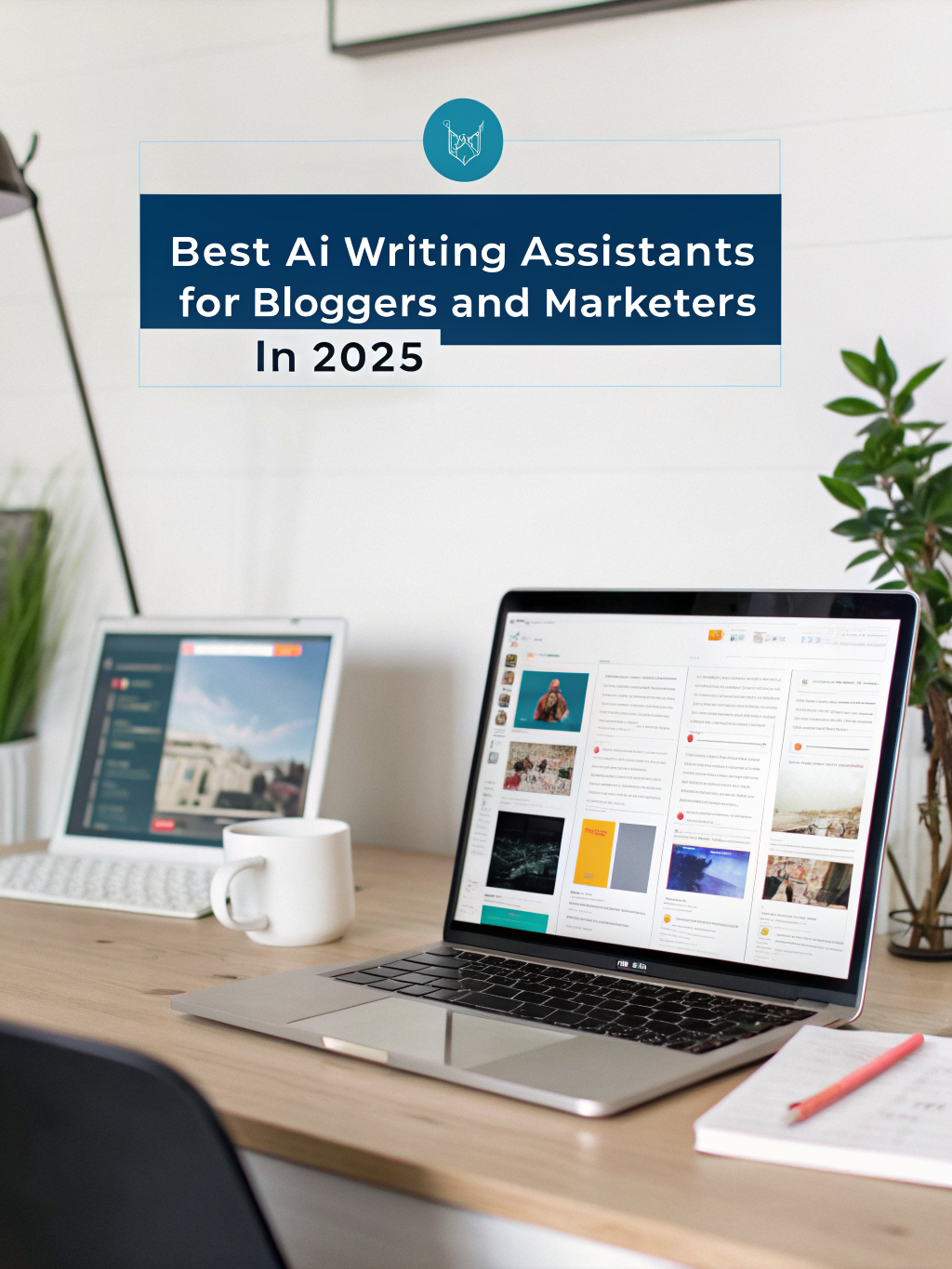
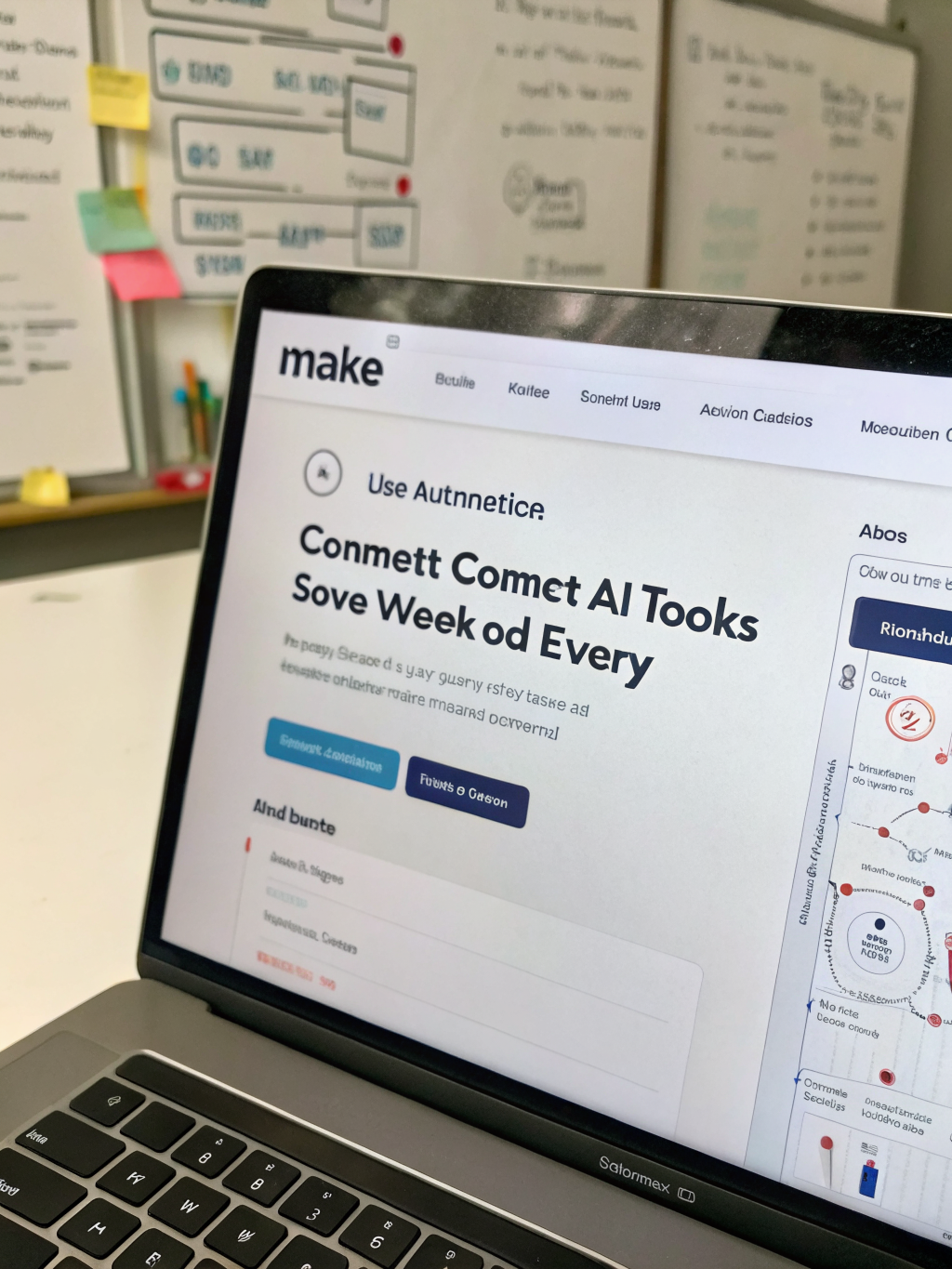
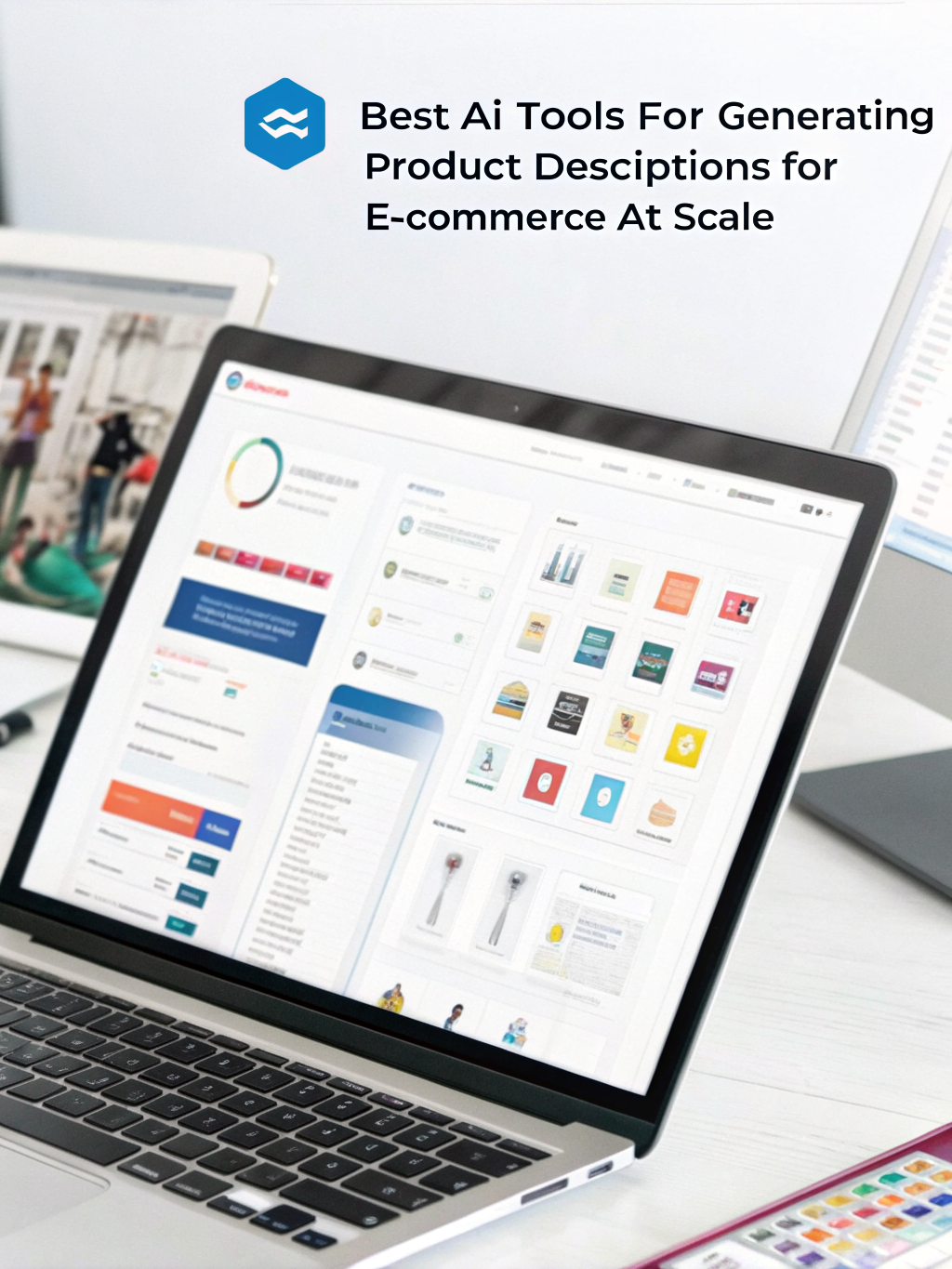
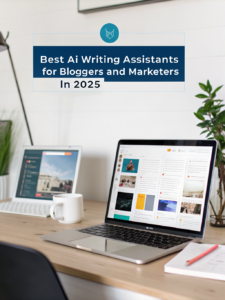
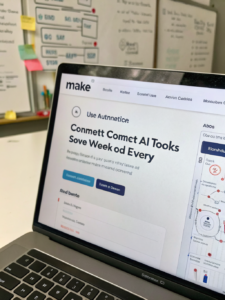
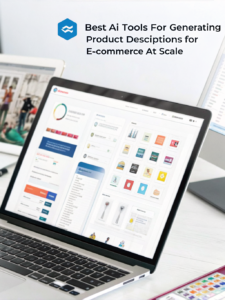
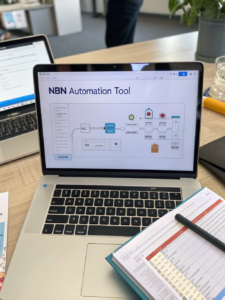
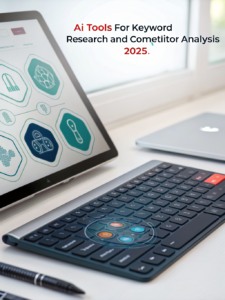
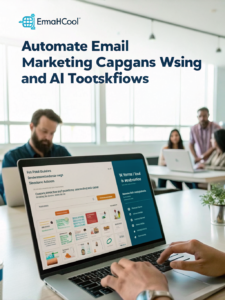
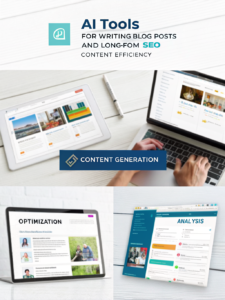

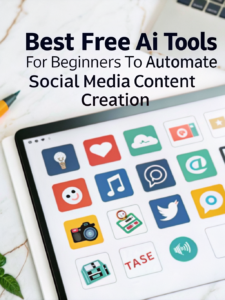
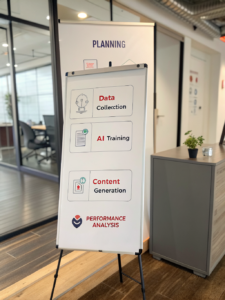
Post Comment